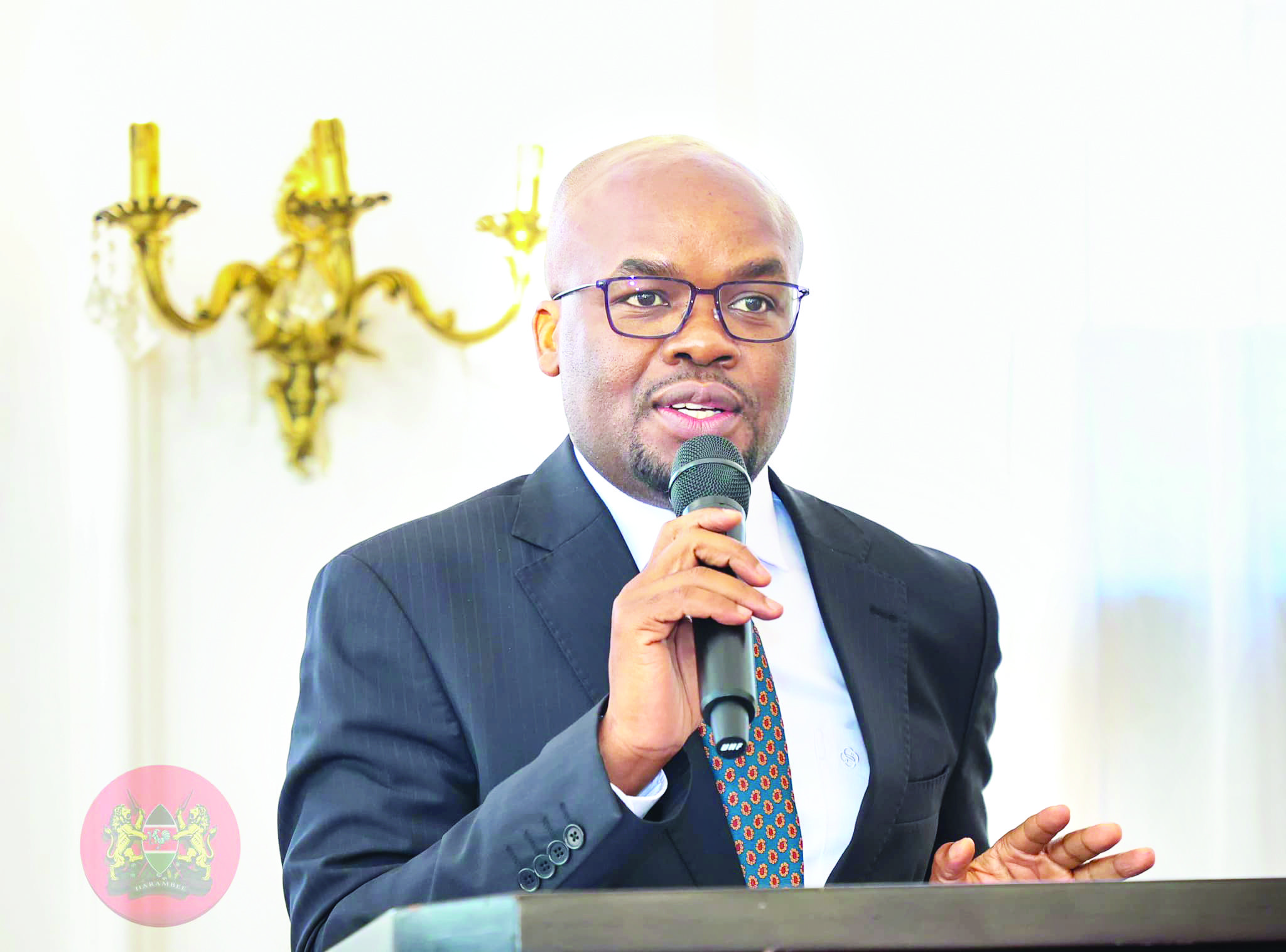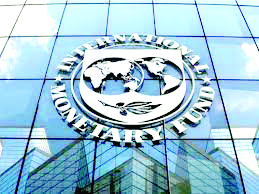Trade war set to weaken global growth, increase inflation, says IMF boss
By The New York Times, April 18, 2025The world economy is expected to grow slower this year and experience higher inflation than previously anticipated, according to new forecasts to be released by the International Monetary Fund that will show the global fallout of the US trade war.
The growth projections, to be released early next week, will offer the clearest indication to date of the damage that President Donald Trump’s economic policies are having on global output. Since taking office in January, Trump has imposed a wide range of tariffs on most of America’s trading partners, while ratcheting levies even higher on imports from China, Canada and Mexico.
Notable markdowns
“Our new growth projections will include notable markdowns, but not recession,” Kristalina Georgieva (pictured), the IMF managing director, said Thursday in a speech before the spring meetings of the IMF and the World Bank. “We will also see markups to the inflation forecasts for some countries.”
Georgieva’s comments added to a growing chorus of top economic officials, including the heads of the Federal Reserve and the World Bank, who have sounded alarms this week about the potential harm Trump’s policies could cause.
The European Central Bank on Thursday lowered interest rates, saying that “the outlook for growth has deteriorated owing to rising trade tensions.” Central bankers, finance ministers and other policymakers will gather in Washington next week as they continue to grapple with how to respond. Georgieva was careful in her criticism of the Trump administration’s policies, which have created widespread uncertainty for businesses and are disrupting international supply chains. But she made clear her concerns about the costs of protectionism.
“Ultimately, trade is like water,” Georgieva said. “When countries put up obstacles in the form of tariff and nontariff barriers, the flow diverts.”
She added: “Some sectors in some countries may be flooded by cheap imports; others may see shortages. Trade goes on, but disruptions incur costs.” Georgieva’s speech came as organizations such as the IMF and the World Bank are facing fresh questions about their viability, in part because of new skepticism from the United States about the value of international financial institutions.
As the world’s largest economy, the United States plays a leading role in steering the direction of the IMF and the World Bank, but some of their initiatives on climate change and other policy matters are at odds with the Trump administration’s priorities.
More Articles

